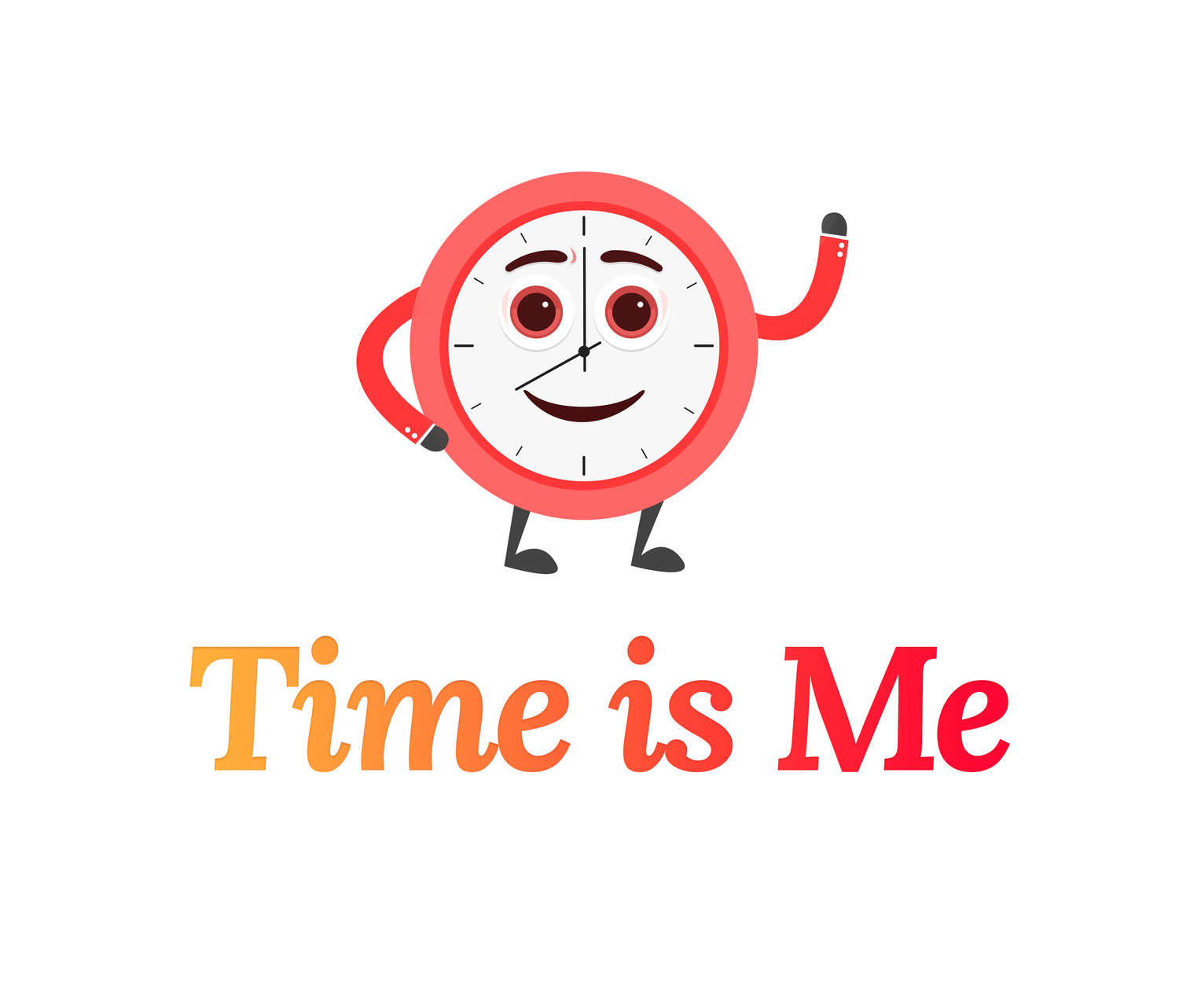Have you ever tried to do something late at night when you were really tired? Then wake up the next morning and do the same thing? You can probably quickly determine which worked better for you. If you try to do something without having a clear mind, you will end up wasting much more time than you should. As I have said in previous blog posts, it is very important to do things at the time that works best for you. Here are a few ways to have a clear mind.
Do not multitask. Do not try to multitask much of anything. If you are trying to do something that requires your mind, it should be dedicated all to itself. For example, watching TV and reading should never happen at the same time, you will either focus on the TV or the book, or neither. The only time multitasking can work is like doing something like walking and listening to music or a podcast. This is OK because you do not need to concentrate on how to walk, so you can do that automatically while you dedicate your mind to the podcast content you are listening to.
Be aware of when you are too busy. When you are very busy, you tend to be scatterbrained. You are not able to focus on much of anything and your mind is not clear. It's best to regroup and sort out what your priorities at the moment should be. I have seen countless instances where I could not get much done because I could not focus due to be stretched in too many directions.
Take a break from the activity. Sometimes you just need to do something else to get your focus back on track on the activity you are doing now. Work on another project for a little or do a few quick easy tasks to build productive momentum.
Do something fun. When your mind is not clear and you can't seem to get things done the way you are supposed to be, it is time to do something you enjoy and have fun. Sometimes you have to stop working for a bit, switching activities may not work. Getting your mind off of what you were doing can often allow you to come back with a clear mind to the task
Take care of yourself. To have a clear mind, you also have to be in good health, eating the right foods, having enough sleep, getting proper exercise, etc.
There are plenty of times when we are not functioning with the clearest mind that we could have. This is when we need to realize that and try to find a better time to do the activity we are working on. Although sometimes we won't be able to make any switches to our schedule and we have to do the activity at the time we are doing it. Most of the time, there will be things we can do to make our schedule work out and do the tasks at the best time.


